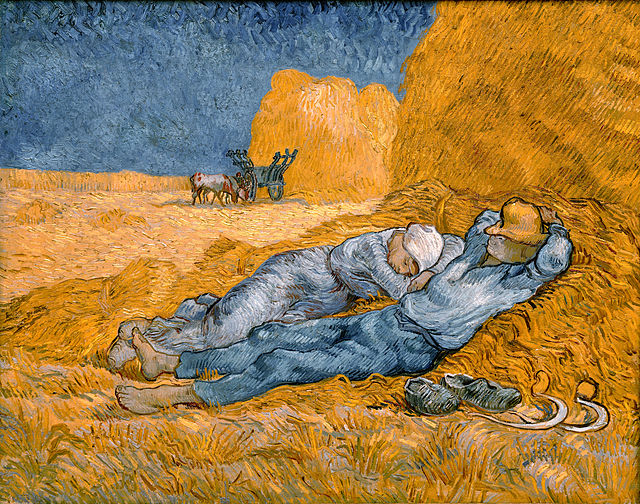In the seventies (back then in the previous century) I was an activist in a small Trotskyist organization named “The Workers Alliance.” We were absolutely serious about organizing the working class in Palestine, Arab, Jews and everybody else, to lead a socialist revolution and liberate Palestine. Some of our daily activities were to organize workers’ committees and to support workers striking for their rights. One of those strike left a special impression in my mind.
It was in the first days of May when I heard that workers in a big factory on the way north from Haifa to Akka (Acre) were on strike. I went there to see what was going on. The workers were hanging around the factory’s closed doors, so it was easy to speak with them. I sat with members of the workers’ committee, who were happy to express their complaints to me.
The factory was collectively owned by the surrounding Kibbutzim – Jewish-only Zionist community settlements. The workers were coming from the nearby Arab towns (still called “villages,” though they lost their land to Zionist confiscation and became workers’ sleeping neighborhoods). They explained why working in a Kibbutz factory was worse than in many capitalist factories. There is not only one boss, but every manager, engineer, clerk, or worker from one of the Kibbutzim is part of the management. And even the most professional workers have no opportunity for promotion, as all the good jobs are preserved for Kibbutz people.
But they were not on strike trying to improve their conditions. In Arabic, when there is a quarrel, they say: “It didn’t break out because of the pomegranate, but because of the full heart.” The pomegranate in our case came with International Workers Day, which we are used to simply calling the First of May. In those days the Zionist “Histadrut” still pretended to be a “Socialist Trade Union”, and the Kibbutzim were all organized as part of the Histadrut. The Histadrut called for a big May Day demonstration in Tel Aviv, and the Kibbutz people were preparing to participate.
Closing the factory was not a simple thing – it contained industrial facilities that were operated 24 hours, 7 days a week. Closing them and then restarting operations was quite complex and costly, and was done only once a year on Jewish Kippur. So, the Kibbutz managers informed the Arab workers that they are not allowed to take a day off on First of May. When the workers’ committee protested, their managers retorted that, unlike the Kibbutz people who planned to go to the First of May demonstration, the Arab workers have no class consciousness, and they wanted the day off just to go and have a barbecue with their families.
That was too much, and the workers closed the factory on May the First. The strike continued over the next days, as the workers demanded to be paid for their day off.
I do not know who won the strike. The Kibbutzim still control the confiscated lands and the state-subsidized factories. But I think that, since then, they, at least, gave up their attempt to keep a monopoly over class consciousness.
This article first appeared on the FreeHaifa blog. Reproduced with permission




